Ruthie Olumba, Aurdena Femme, United States
Despite the prevalence of fibroids worldwide, clinicians still face significant gaps in training that affect diagnosis, counseling, and long term management. In my years as a reproductive surgeon and fibroid specialist, I have seen how women living with fibroids struggle when t [....] » Read More


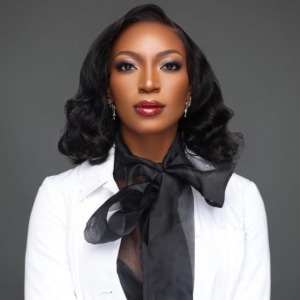
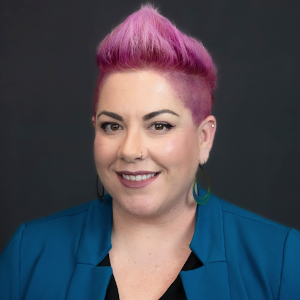
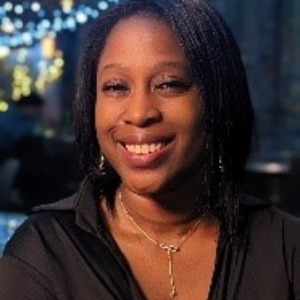
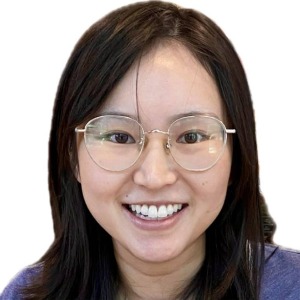

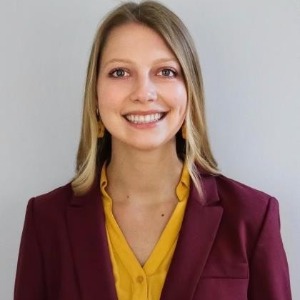



Title : Pregnancy outcome after uterine artery embolization for uterine adenomyosis: A systematic review and meta-analysis
Mohamed M Hosni, London North West University Healthcare NHS Trust, United Kingdom
Uterine adenomyosis involves the growth of endometrial gland and stroma within the uterine musculature. Patients, with uterine adenomyosis, experience heavy painful periods, deep dyspareunia and subfertility, reducing their overall quality of life. Hysterectomy is usually the rec [....] » Read More
Title : Pathologic findings in women with atypical glandular cells on Pap test
Neda Zarrin-Khameh, Baylor College of Medicine, United States
Introduction: It has been shown that a significant subset of atypical glandular cells (AGC) indicates underlying malignancies. Therefore, it is imperative to recognize, diagnose, and treat these lesions early. We evaluated the clinical significance of AGC on cervical cytolog [....] » Read More
Title : Assessment of exclusive hypo-fractionated post-mastectomy radiation in patients with locally advanced breast cancer.
Hiba Siddiqui, Dr. Ziauddin Hospital, Pakistan
Breast cancer has a relatively low α/β ratio, estimated around 3–4 Gy. This suggests a heightened sensitivity to larger fraction sizes, thereby providing a strong radiobiological rationale for hypo-fractionation. The objective of this study is to evaluate whether [....] » Read More
Title : Non-ablative radiofrequency for pelvic floor dysfunction and female intimate anti-aging: a 6-month prospective multi-centre cohort objectiv
Shaadaiti Wufuer, First Affiliated Hospital of Xinjiang Medical University, China
Objective: To quantify safety and 6-month effectiveness of non-ablative radiofrequency (RF) on symptoms of pelvic floor dysfunction (PFD) and genitourinary syndrome of menopause (GSM) in women seeking intimate anti-aging. Methods?Three centres enrolled 208 women (45-65 y [....] » Read More
Title : Evaluate the changes in SP-D levels in plasma during different phases of the menstrual cycle recruited from the Well- Adult Surfactant Protein Study (WASP)
Natnicha Kitti udom, University College London, Thailand
Background: Surfactant Protein D (SP-D) is a protein of the innate immune system that plays a role in maintaining surfactant homeostasis, clearance of pathogens, and control of inflammation, primarily in the lungs (1). However, its presence in extrapulmonary tissues, including th [....] » Read More
Title : Synergistic antifibrotic potential of protocatechuic acid and D-Carvone in liver protection
Ling Yin, Hefei Comprehensive National Science Center, China
Liver fibrosis represents a critical global health burden with limited therapeutic options. This study investigates the novel synergistic efficacy of two natural compounds—Protocatechuic Acid (PCA), a phenolic acid, and D-Carvone (D-Car), a monoterpene—in mitigating l [....] » Read More
Title : Examining the impact of advanced paternal age on obstetrical and fetal outcomes
Sakshi Das, State University of New York Downstate College of Medicine, United States
Advanced paternal age (APA), defined as 40 years or older at time of conception, is associated with poor outcomes with assisted reproductive technologies. Review of literature suggests APA may be associated with infertility, miscarriage, preterm delivery, and placental abnormal [....] » Read More
Title : Chemoprotective effects of plasma derived from mice of different ages and genders on ovarian failure after cyclophosphamide treatment
Soghra Bahmanpour, Shiraz University of Medical Sciences, Iran (Islamic Republic of)
Premature ovarian failure is one of the major side effects of chemotherapy drugs. Blood plasma contains several factors that might lead to the repair of different tissues. Objective: The chemoprotective effects of plasma derived from mice with different ages and genders were asse [....] » Read More